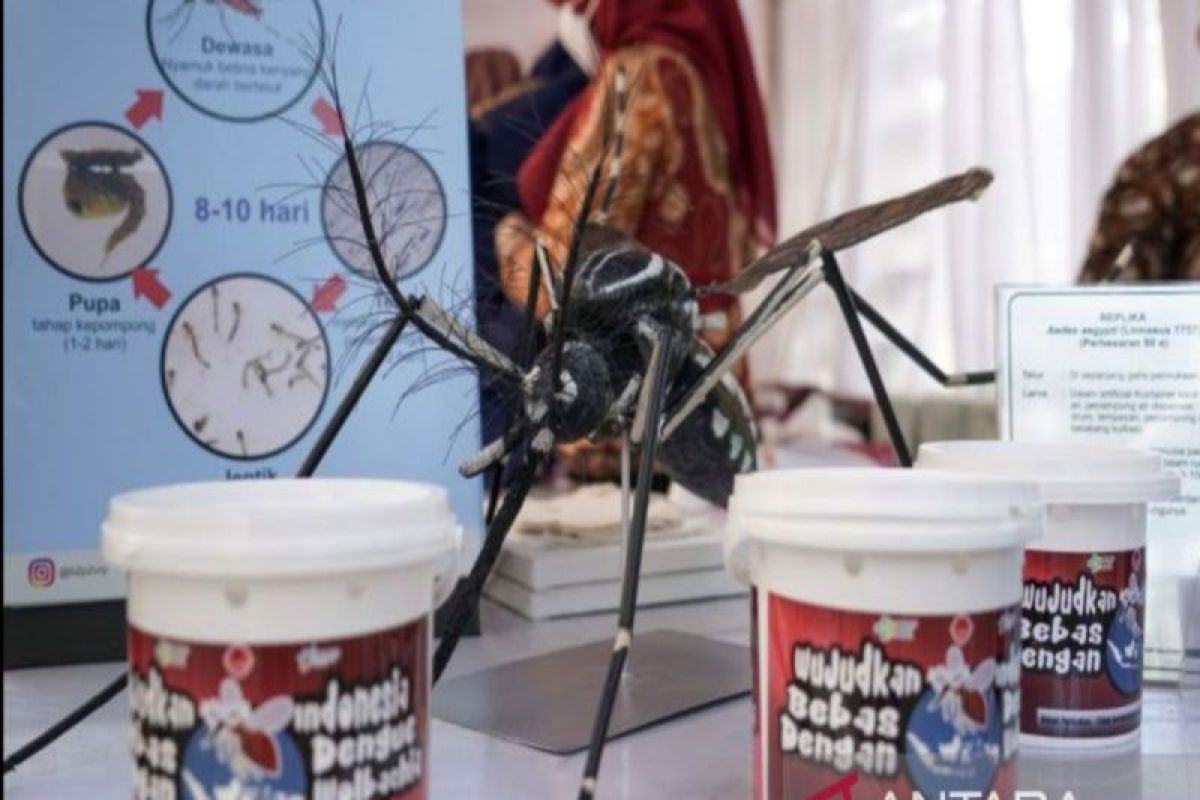The ministry's director for infectious disease prevention and control, Imran Pambudi, stated that in the past, the cases usually peaked when El Nino hit, which is every 10 years.
"(Now), in Jakarta, such (interval) no longer exists. Every year, dengue cases are reported. Hence, we have to be cautious of this," Pambudi stated at the ASEAN Dengue Day 2024 hosted here on Thursday.
He explained that according to the Meteorology, Climatology, and Geophysics Agency (BMKG), the dry season peaked in July and August. Hence, all must be extra cautious, as the Aedes aegypti mosquito, the vector that transmits the disease, is 2.5 times more likely to bite when temperatures rise.
"Moreover, we are concerned if the rain is like the one in Batam. Heavy rain for a while in the morning, and then for three days or a week, no more rain. The puddles can become (mosquitoes') breeding places," he stressed.
Pambudi remarked that climate change cannot be prevented, but the most important aspect is adjusting to it and facing it.
Related news: Dengue cases as of Week 22 exceed 2023 figure: ministry
He pointed out that every time the cases peaked, intervention was carried out to address the situation. However, the number of cases increased again, thereby indicating that the old method of intervention is no longer applicable in handling the newer cases. Thus, innovative measures must be pursued to tackle dengue, he remarked.
Over and above pushing for preventive measures, the regional governments must also monitor and evaluate the progress to ensure that the area is free of mosquito eggs, thereby ensuring the effectiveness of the measures applied.
Pambudi opined that mosquitoes are the deadliest creatures, much more than snakes and tigers as is the common public perception.
"(It) turns out that every year, mosquitoes kill around one million people globally," he pointed out.
So far, or in the 25th week of 2024, the number of deaths due to the disease reached 869, whereas in 2023, the figure totaled 894.
Moreover, the number of cases recorded in 2024 so far reached some 146 thousand, whereas the total case count in 2023 was recorded at some 114 thousand, he added. The director stated that those cases are mostly found in densely populated areas such as West Java, East Java, Jakarta, and Bali.
Related news: Indonesia records 799 dengue deaths as of week 23, cases top 2023
Reporter: Mecca Yumna Ning Prisie
Editor: Yuni Arisandy Sinaga
Copyright © ANTARA 2024












